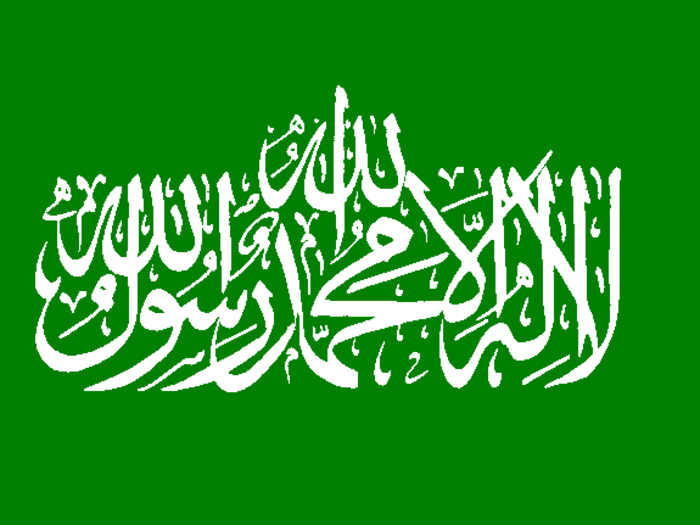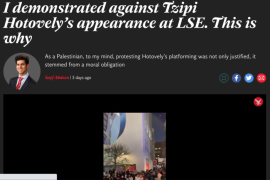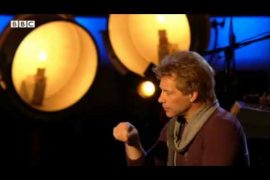A report in the Independent by Middle East correspondent Bel Trew about the impact of Hamas’s wars with Israel on pollution in Gaza did what British media reports about the conflict typically do: avoid imputing agency to the terrorists controlling the coast strip. In fact, the word Hamas was only used once in the 1125 word piece.
In certain passages of the article (“Gaza is battling to tackle deadly pollution levels as efforts are hampered by continued conflict”, Sept. 3), it almost seems that the journalist went out of her way to avoid referencing the Islamic Resistance Movement, whose actions have incited four wars since 2008, particularly when referencing the most recent conflict.
Here’s one example:
A week later, a devastating 11-day war between Palestinian militants and Israel’s army erupted, and that notion quite literally blew up.
The war didn’t just “erupt” like some sort of act of nature. It started when Hamas launched an unprovoked rocket attack on Jerusalem, a decision, Palestinian Media Watch has persuasively argued, that was likely spurred almost entirely by the rivalry between Fatah and Hamas.
Trew continues:
However, international and local projects have over the years seen the construction of new desalination and sewage plants and other infrastructure despite the tight restrictions on bringing materials into the strip.
Israeli restrictions only apply to goods which have, or could have, a military dimension. Indy readers wouldn’t know that, in the case of water infrastructure, any such restrictions are a response to Hamas’s consistent diversion of putatively ‘humanitarian’ items (used to build and maintain water infrastructure) for military use. For instance, as CAMERA reported in June, Hamas routinely digs up water pipes and converts them into rockets – a fact that Hamas leaders have acknowledged.
Trew again elides Hamas’s responsibility for the May war:
According to Monther Shoblaq, head of Gaza’s coastal municipality water utility, things [for Gaza’s water infrastructure] were looking up – that was, until war came again.
The passive language used by Trew to characterise the war’s start, eliding Hamas’s reckless decision to start what they knew would be militarily unwinnable, and one which would have dire consequences for Palestinian civilians, is consistent with her framing of the social and economic woes effecting Gaza year in and year out.
The following paragraph is especially telling:
[The head of Gaza’s water utility] added that they also had to dump 330,000 cubic metres of raw sewage in a lake in the north of the country as a main sewage pipeline to the recently inaugurated north Gaza sewage treatment plant was also bombed.
Trew fails to mention – as CAMERA noted in a post in May – that misfired Palestinian rockets during the war reportedly damaged power lines in Gaza, including the one connected to the Rafah sewage treatment plant, disabling the plant.
Gaza is dark: Hamas shot the electricity lines in the Strip and over 230,000 residents were cut off from electricity. the power line to the Rafah sewage treatment plant has been damaged too and the lines are also down. WATCH > https://t.co/AmSWOHJze6
— COGAT (@cogatonline) May 13, 2021
Further into the article, she again erases the decisions made by Gaza terrorists:
Anger and desperation in Gaza at the slow progress and the blockade has even seen the resumption [in August] of protests that raged through much of 2019 near the border fences with Israel. That recently boiled over into violent confrontations.
Trew obfuscates the fact that, as Associated Press (and multiple mainstream outlets) clearly reported at the time, the protests didn’t just organically ‘resume’, but were organized by Gaza’s Hamas rulers. “Hamas made the call for the protest at Gaza-Israel frontier”, AP noted. “Hamas organized the protests”, Washington Post reported. And,
The humanitarian crises consistently threatening life in Gaza are not natural disasters, but are man-made – made by the men leading the antisemitic extremist organisation known as Hamas.





